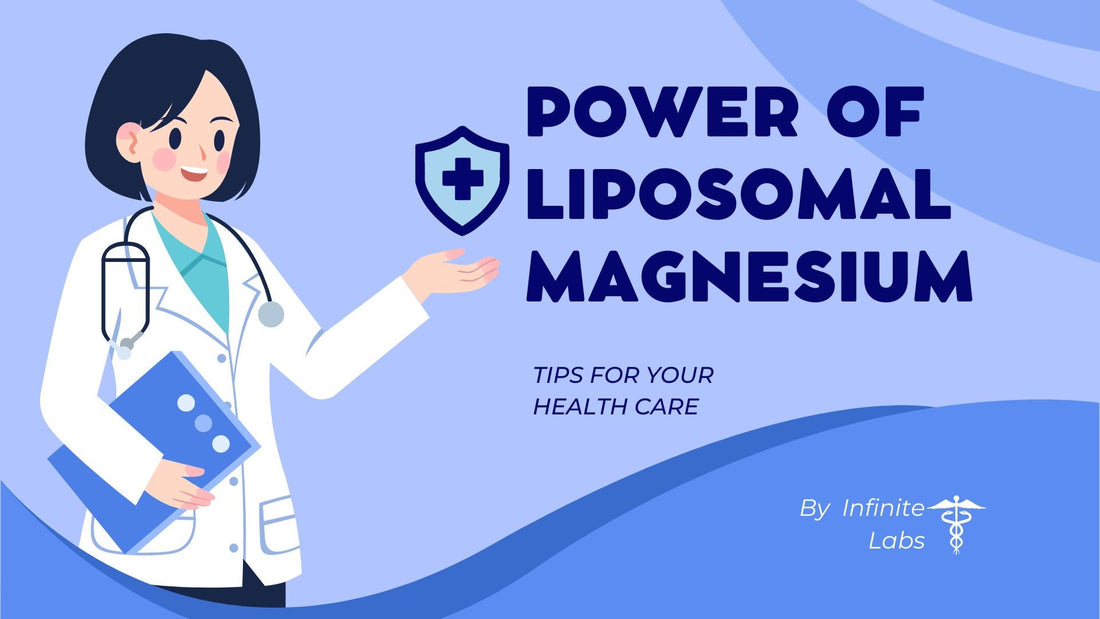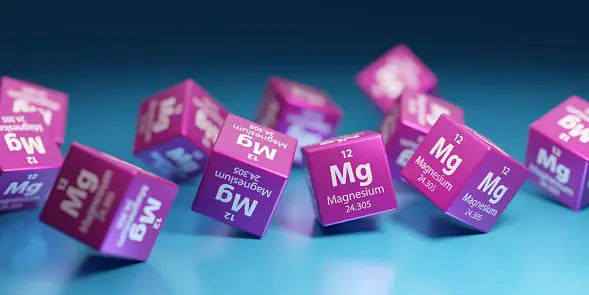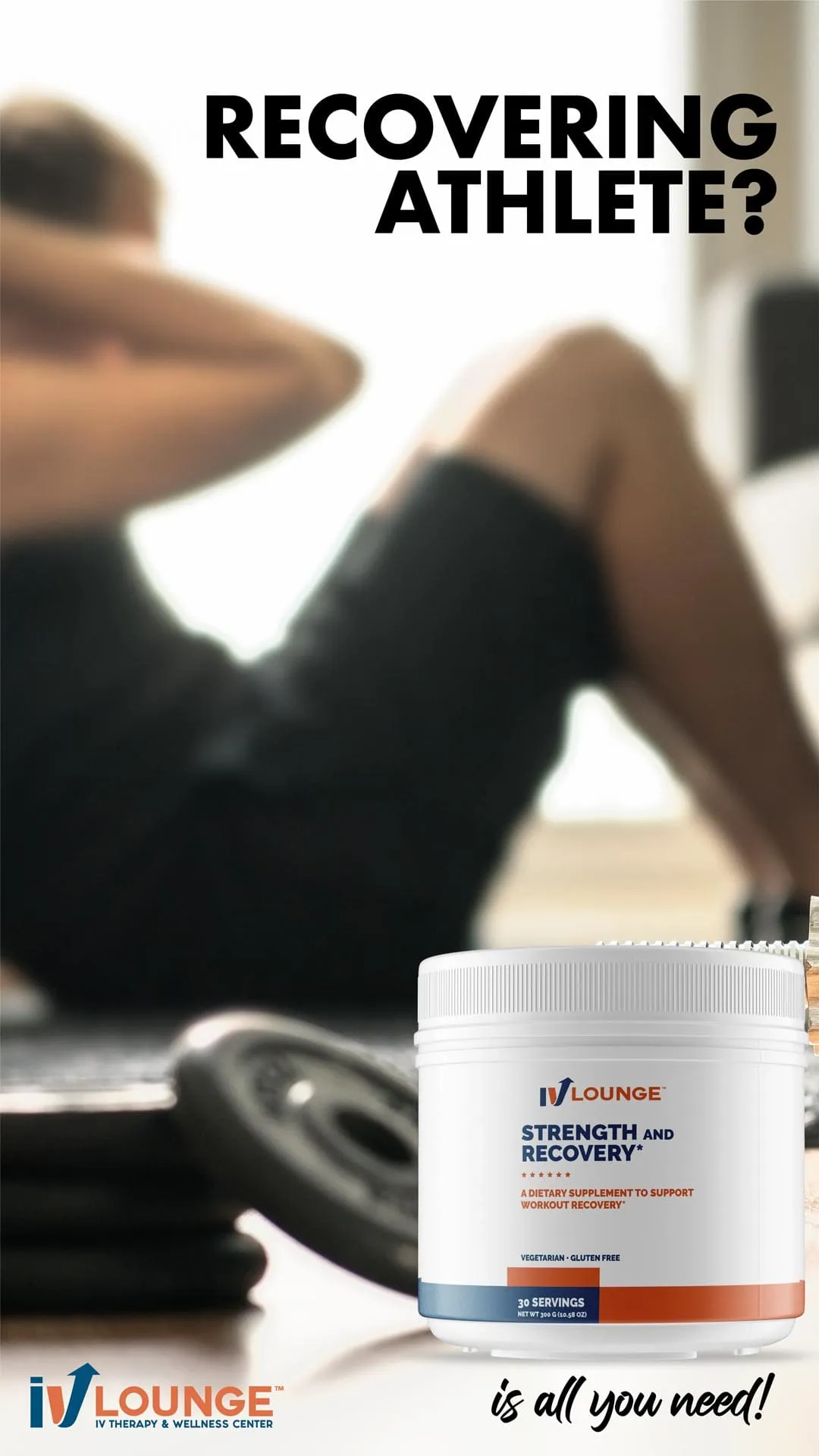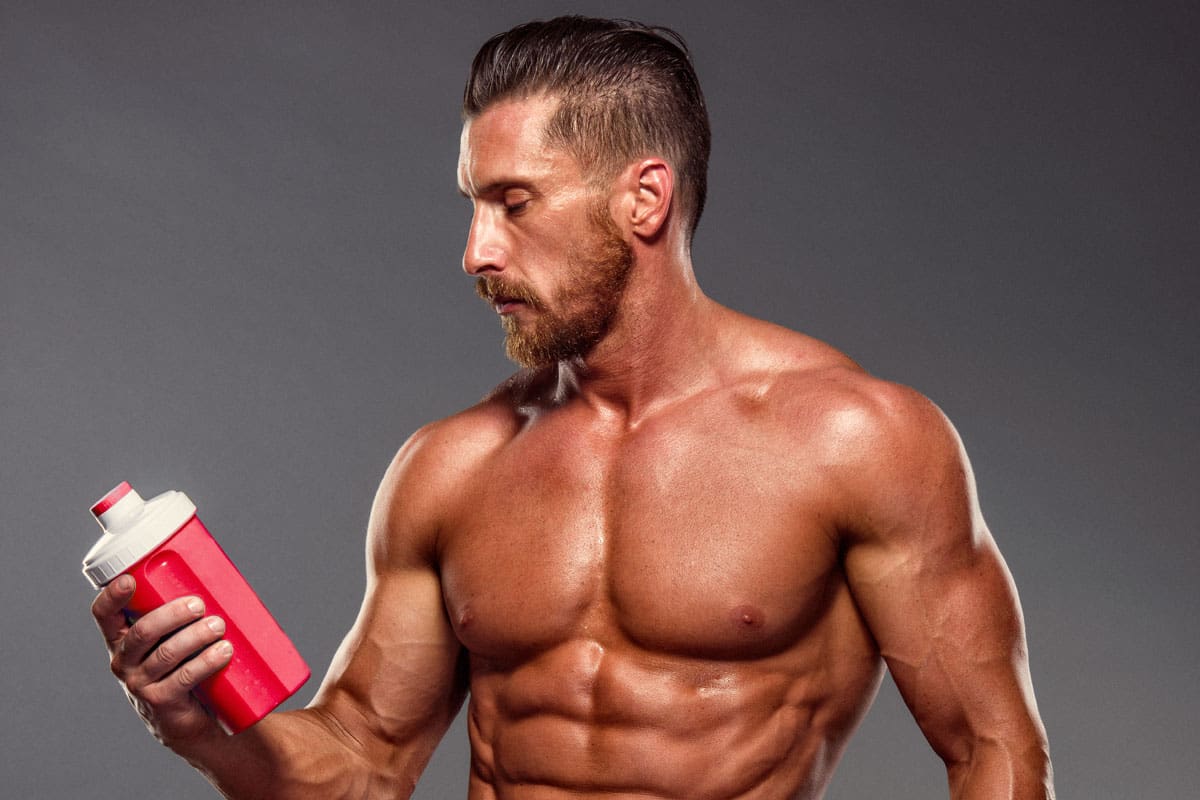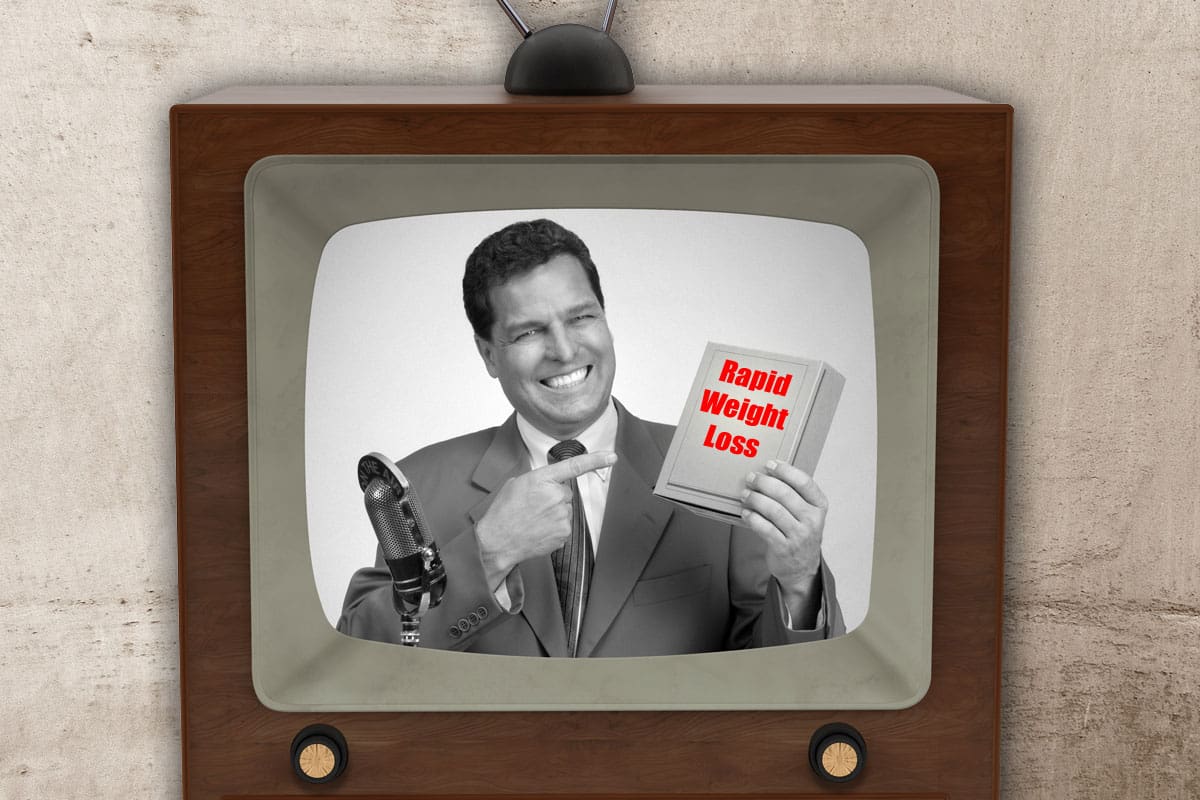If you’re a man suffering from clinically low testosterone levels, there’s a chance you may be considering starting testosterone replacement therapy, also known as TRT to help restore normal hormone function and alleviate distressing symptoms that are disrupting your life.
Although TRT could be a long term answer to your problems, foregoing TRT treatment is also a big commitment that comes with many questions. One of those questions is if you decide to stop taking it.
Will stopping TRT after months or years require doing post cycle therapy (also known as PCT)?
This is definitely a viable question before starting. This is because once you start TRT, your body could no longer produce testosterone on its own.
If you’re wondering the answer to this question, we’re going to dive into some scenarios to see if PCT might be necessary or beneficial.
Do You Need To Take PCT While Taking TRT?
After doing some thorough research, we’ve come up with an answer. Testosterone Replacement Therapy (TRT) does not require PCT simply because of the fact that PCT is primarily used for those who are cycling off of TRT.
Typically, when someone hops on TRT legitimately, through the clearance of a doctor, the goal is to stay on for life. TRT is meant to mimic your body’s natural testosterone production that has declined with age or other conditions. The prescribed testosterone dosage and administration is intended to keep levels in a healthy, normal range long-term.
Although the goal is for you to stay on long term when you take TRT, this isn’t always the case. There are certain circumstances that may lead you to come off TRT – and in those cases, implementing PCT can be extremely beneficial to restart your natural hormone production that was shut down.
What Are The Circumstances That Can Cause People To Have To Take PCT?
There are several reasons for discontinuing TRT and getting on PCT. These reasons include:
Fertility Needs Or Desire
While you would think it does the opposite, the best way to be the most fertile as a man is through natural testosterone. So, if you’re looking to conceive a child, slowly getting off of TRT and hopping on post cycle therapy may be an option to get your natural test going again.
Cost
TRT can be expensive for some. If you’ve fallen on hard times you may not be able to afford the ongoing costs of treatment, which typically involves expenses for the testosterone itself, syringes and needles for injections, doctor’s appointments for monitoring, and diagnostic blood work. Even if you’re someone that has good insurance, high deductibles and co-pays could make TRT a big financial burden.
Side Effects
It’s not uncommon for you to experience side effects from TRT that could lead to you discontinuation of your treatment. Here’s a list of side effects you may experience while on TRT.
Acne and oily skin
Sometimes acne and oily skin while on TRT could become unbearable. So unbearable to the point where you may consider getting off.
Increased body hair growth
This one is a little less serious due to the point that most men have body hair. However some people may find the increased growth excessive or uncomfortable, especially if it occurs in unusual areas or at an accelerated rate.
Mood swings and irritability
If you have constant mood swings and are constantly irritable it could be hard for your loved ones to put up with it. If it gets to a point where you can’t control it, you may have to get off of TRT treatment.
Sleep disturbances, including sleep apnea
Sleep apnea and other sleep disturbances are no fun. If this happens and becomes severe, it can significantly impact your quality of life.
Fluid retention and swelling
Too much fluid retention could cause not only discomfort, but also health complications like heart of kidney problems.
Increased red blood cell count
Red blood cells are good in most cases. But while this sounds beneficial, too many red blood cells could make your blood thicker. This extra thickness is no good because it could potentially lead to you getting blood clots or to have other cardiovascular issues.
Infertility
As we mentioned above, TRT can suppress the body’s natural production of sperm by decreasing the function of the testicles, it can lead to reduced fertility or even infertility in some cases.
Elevated cholesterol levels
In order for you to have good heart health, it’s important to maintain a high level of good cholesterol and a low level of bad cholesterol. TRT could affect lipid metabolism which could lead to increased levels of LDL (bad cholesterol). This could be an indicator of future heart problems.
Prostate enlargement
Testosterone can stimulate the growth of the prostate gland. In some men, this can lead to symptoms of benign prostatic hyperplasia (BPH), such as urinary difficulties.
Liver function abnormalities
This one is less common, especially with today’s forms or TRT, however, there could be a negative impact on liver health.
Taking Supplements Irresponsbility
Lastly, men who take supplements like TRT in order to help with muscle growth, that get it from other sources than a doctor often have to take post cycle therapy due to the fact that they are cycling on and off high doses of testosterone.
How To Properly Get Off TRT Using PCT
Whether you have to get off of TRT or not, there’s always a chance. With that chance, it’s best to be prepared for every situation. With that being said we’re going to talk about the process of slowly getting off of TRT and starting with a PCT.
Gradually Reduce Dosage
Healthcare providers recommend to slowly get off of TRT. If you come off cold turkey, the side effects could be very extreme. This includes things like:
Severe depression and anxiety
Extreme fatigue
Loss of muscle mass
Increased body fat
Loss of motivation
Mood swings and irritability
Insomnia
Reduced sex drive and sexual function
Hot flashes
Headaches
Nausea
Loss of focus and mental fog
Gynecomastia due to hormonal fluctuations
By slowly lowering your dosage (or tapering off), your body has a better opportunity to adjust.
Start Your PCT Treatment
After two weeks of tapering your TRT dosages, that’s usually when it’s time to hop on your post-cycle therapy (with the guidance of your healthcare provider).
Are There Any Alternatives To PCT Treatments?
There are some alternative options to getting off of TRT. Let’s go over what they are.
Lifestyle Changes
Sometimes lifestyle changes such as diet changes, exercise, and better sleep could help increase your chances of restoring your natural test. Let’s get more specific.
Diet
Consuming a balanced diet rich in vitamins and minerals such as Vitamin D, Zinc, and Omega-3 fatty acids are specifically good for increasing natural testosterone.
Exercise
Regular physical activity is also important. More specifically doing HIIT which is high intensity interval training is known to help naturally boost your test levels.
Sleep
Sleep is pretty much good for anything. Lack of sleep is not good for every area of your health. That includes hormonal balance. If you want to increase your chances of restoring natural testosterone, consider making sure you get 7-9 hours of quality sleep every single night.
Avoid Testosterone Lowering Factors
There are many things that could lower your testosterone levels. You should avoid alcohol, tobacco, recreational drugs, and also avoid foods that contain high levels of soy and processed sugars, as these can negatively impact testosterone levels. Additionally, minimizing exposure to environmental estrogens, found in certain plastics and personal care products, is advisable.
Stress Reduction
You should also keep your stress levels in mind. Chronic stress can lead to higher cortisol levels, higher cortisol levels also can negatively impact test. Doing things like meditating, yoga, and practicing mindfulness can help manage stress.
These are all great things to keep in mind, but usually the very best option is to get on PCT and coordinate everything with a doctor.
Conclusion
So, PCT is only needed if you are under the circumstance of having to get off TRT. The main goal of going on TRT is for it to be a life-long treatment to maintain stable testosterone levels and alleviate symptoms associated with low testosterone. However, if discontinuation becomes necessary due to factors like side effects, financial constraints, or fertility goals, PCT can be a valuable tool to help restore natural hormone production and balance.


